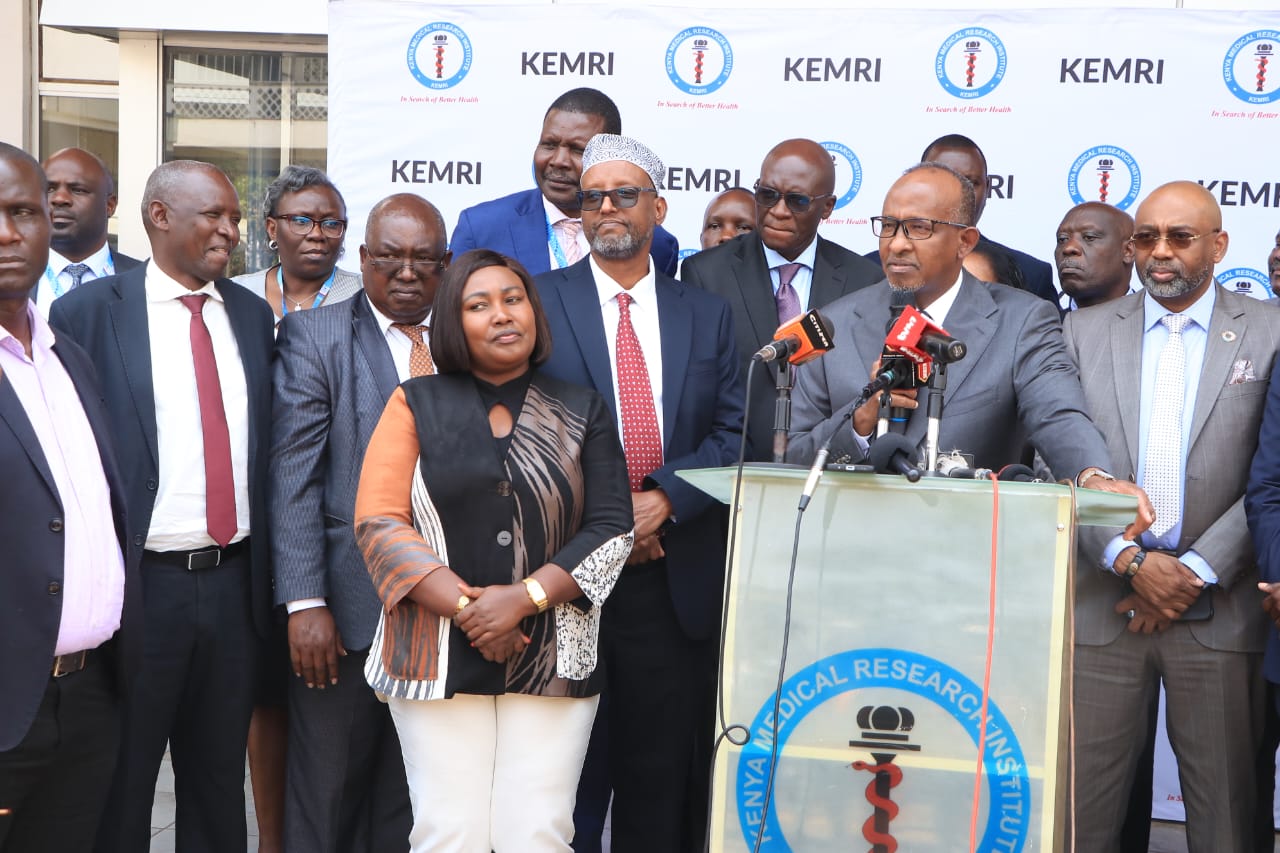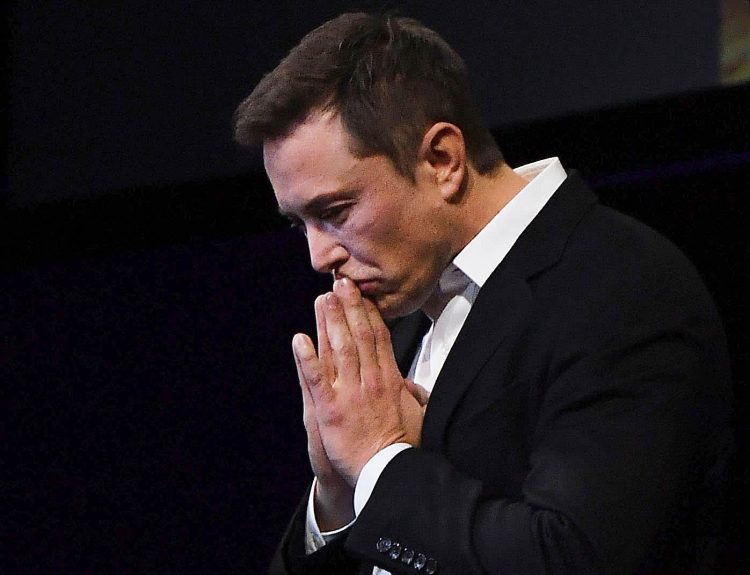Kenya today inaugurated the expanded and modernized Polio Laboratory at the Kenya Medical Research Institute (KEMRI), a state-of-the-art facility that strengthens the country’s role in regional health security and global polio eradication efforts.
The ceremony, held at KEMRI headquarters in Nairobi, was presided over by Health Cabinet Secretary Hon. Aden Duale, who described the laboratory as “a beacon of hope, a symbol of resilience, and a clear demonstration of Kenya’s determination to safeguard the health of our people while contributing to regional and global health security.”
Duale emphasized that the expansion marks a turning point in Kenya’s fight against polio, noting that the facility’s new genomic sequencing capacity eliminates reliance on overseas laboratories and reduces turnaround times for outbreak detection. He stressed that the milestone aligns with the Bottom-Up Economic Transformation Agenda (BETA) for Health, supporting grassroots epidemic preparedness, job creation for local scientists, and Kenya’s ambition to become a continental hub for health sciences.
The Cabinet Secretary also outlined the broader vision of the laboratory, highlighting its potential to serve as a multi-pathogen genomic platform for threats such as MPOX, measles, rubella, and other emerging pathogens. “This inauguration is more than an event—it is a reaffirmation of our shared commitment to finish the fight against polio and prepare for the health threats of tomorrow,” he said.
Also speaking at the inauguration, KEMRI Acting Director General Prof. Elijah Songok described the expanded facility as the culmination of “years of vision, dedication, and fruitful collaboration.” He welcomed guests on behalf of the Institute and thanked the Ministry of Health, the World Health Organization (WHO), the Bill & Melinda Gates Foundation, and other partners for their support in bringing the project to life.
Prof. Songok reflected on KEMRI’s long-standing role in global health security, recalling its leadership during the HIV/AIDS epidemic, its pioneering work on malaria, its rapid diagnostic support during Ebola and Marburg threats, and its central role in COVID-19 testing and genomic sequencing. He emphasized that the new laboratory builds on this legacy, joining a proud lineage of KEMRI contributions to public health.
He noted that for more than 20 years, KEMRI’s Polio Laboratory has served not only Kenya but also Somalia, Djibouti, Eritrea, and the Comoros, ensuring regional surveillance and diagnostics. Until now, sequencing of polioviruses required shipment abroad, often delaying results for over 35 days. With the new facility, Prof. Songok explained, turnaround times will be dramatically reduced once international accreditation is finalized.
Beyond polio, Songok underscored the laboratory’s design as a legacy project, equipped to sequence a wide range of pathogens while supporting Kenya’s compliance with the International Health Regulations (IHR). He also revealed ongoing plans, in partnership with WHO, to enable KEMRI to manufacture liquid nitrogen locally—supporting not only polio diagnostics but also broader human and veterinary applications under a One Health approach.
Prof. Songok praised KEMRI scientists and staff for their dedication, noting that 68 of them currently contribute expertise to 188 technical working groups across national and international health platforms. He appealed for sustained government support to secure the laboratory’s operations, including transitioning skilled staff from temporary to long-term engagements.
“This Expanded Polio Laboratory now joins our proud lineage as a legacy project,” he said, assuring Kenyans that the Institute remains committed to playing a central role in surveillance and public health preparedness.
The inauguration drew participation from senior officials, including Principal Secretary for Medical Services Dr. Ouma Oluga, WHO Country Representative Dr. Abdourahmane Diallo, and KEMRI Chairman Dr. Abdullahi Ali, alongside development partners, scientists, and members of the press.
With the official opening, Kenya cements its position as a regional hub for advanced disease surveillance, research, and epidemic preparedness—underscoring the country’s growing leadership in global health security.



